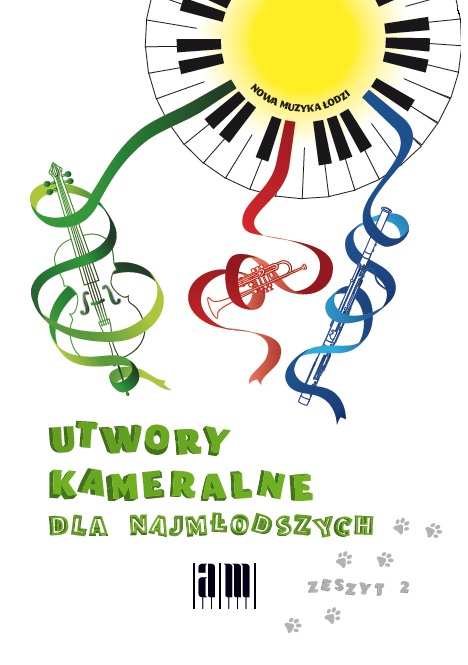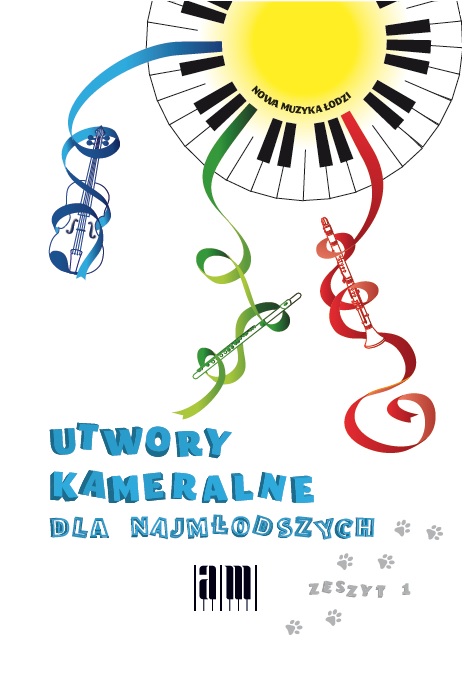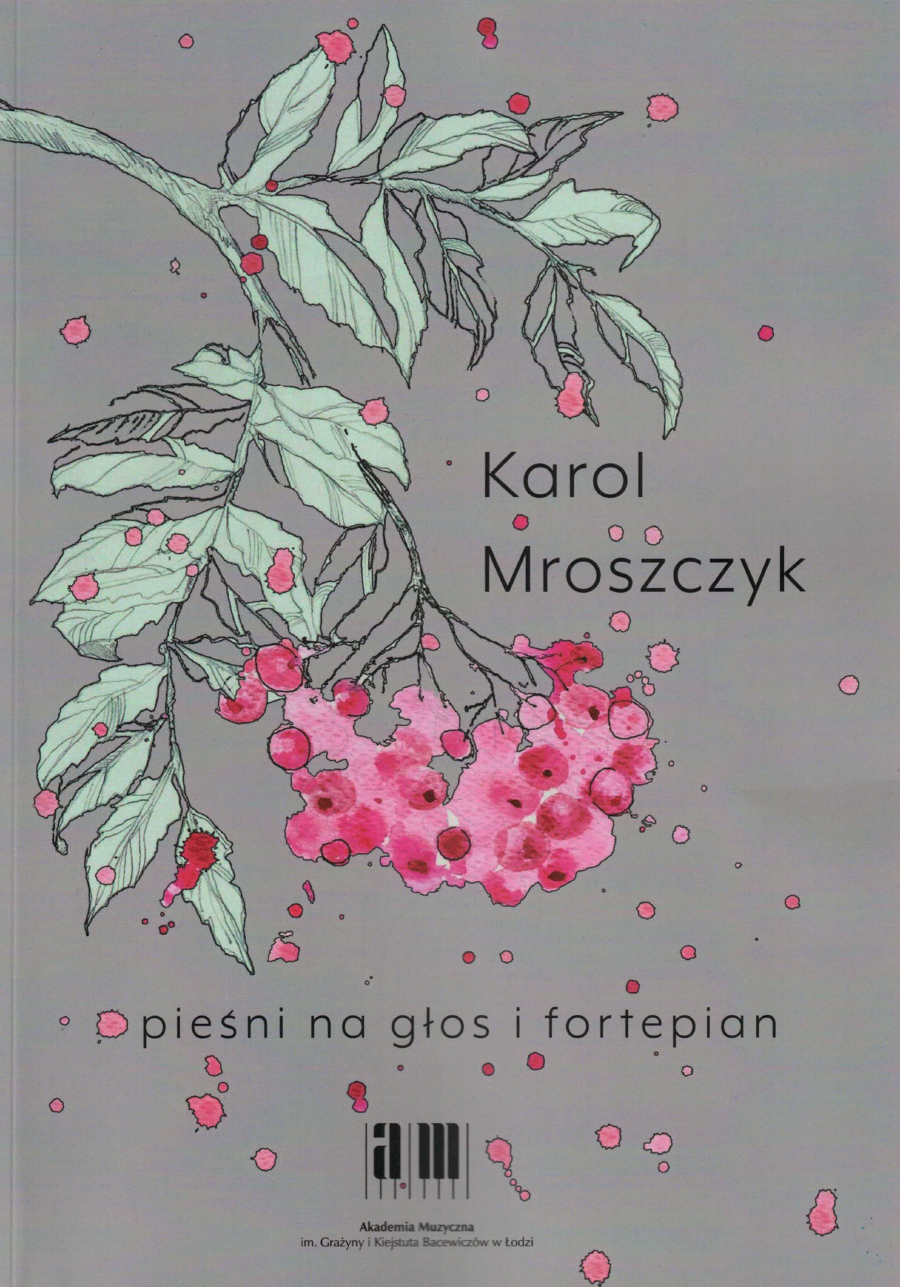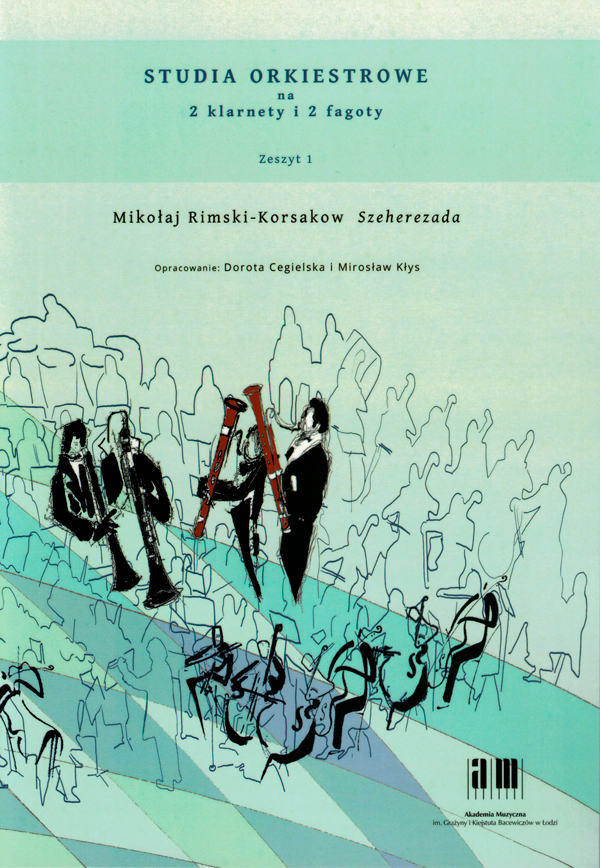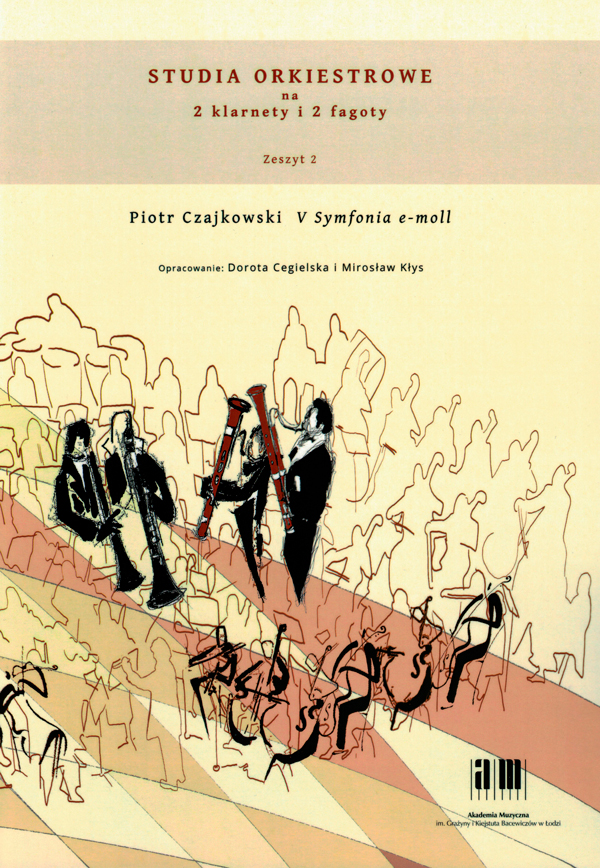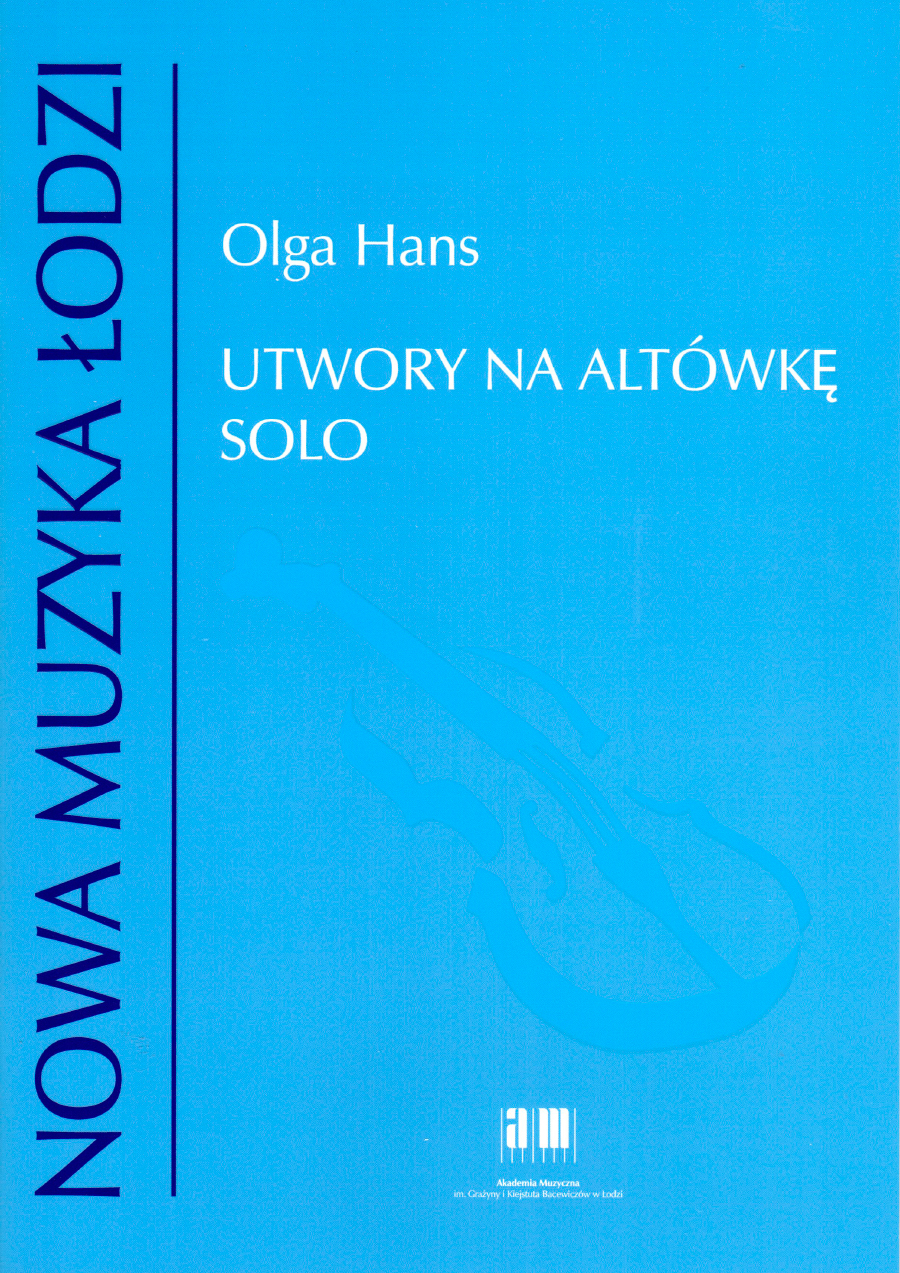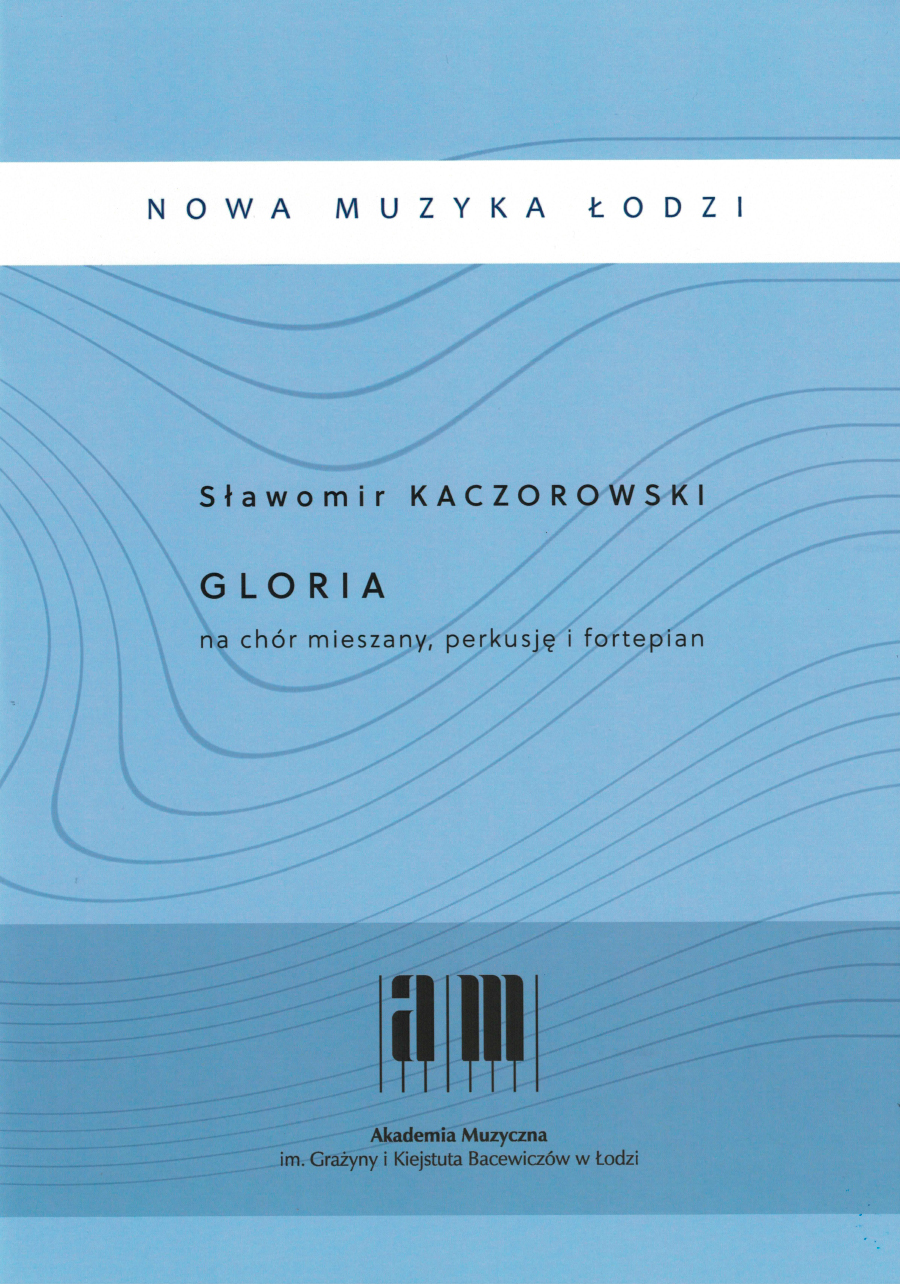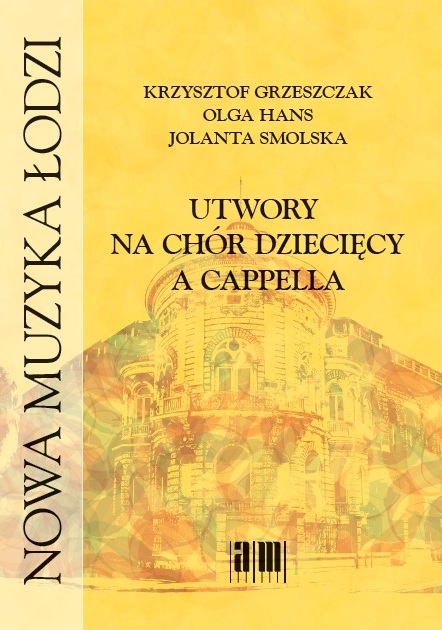
Krzysztof Grzeszczak, Olga Hans, Jolanta Smolska
Łódź 2013
red. Olga Hans
cena: 20 zł
NAKŁAD WYCZERPANY
Pozycja należy do serii wydawniczej „Nowa muzyka Łodzi”
ZAWIERA:
- Krzysztof Grzeszczak – Ostinateco
- Olga Hans – Tęcza
- Jolanta Smolska – Zegary
- Jolanta Smolska – Trudny wybór



